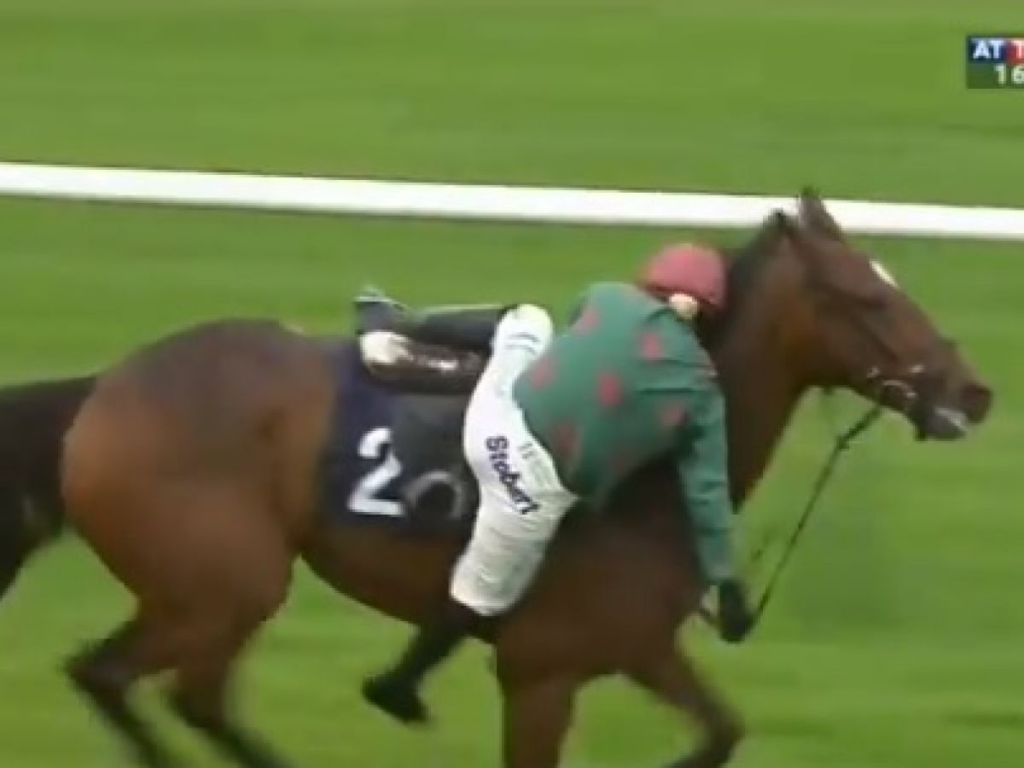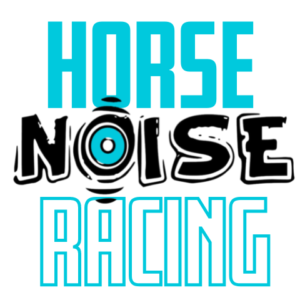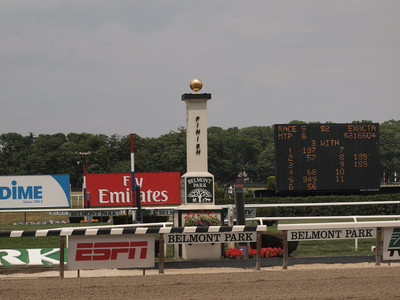It is impossible to imagine a flat racing situation where no horse finishes the race. Though there are frequently tiny fields and horses are just as susceptible as humans to strain a muscle when racing, the flat nature of the race means that a rider might convince his horse to take a leisurely trot if the other horses in the race were forced to drop out. However, considering how the horses must cross multiple hurdles before reaching the finish line, the same cannot be said of jump racing.
What Happens if No Horses Finish a Race – It is a rare occurrence, having occurred just once in recorded history. However, it is critical to understand your betting rights and what would happen to your investment if no horse finishes the race. After all, if there is no winner, no bets are legal, which means the race must be declared void and refunds made.

No Horses Finishing a Race – Bookmakers Fine Print
When addressing the rules around an inevitable conclusion. It is usually a good idea to read the terms and conditions of bookmakers. Bookies aren’t foolish; they understand the need to protect themselves in whatever way they can. Consequently, they have terms and conditions that cover almost every outcome to prevent a scenario in which a punter might turn around and demand their money back unjustly. The unexpected will always occur in racing, so bookmakers must be prepared for it.
A glance at the fine print of a prominent bookmaker reveals a statement that states, ‘If no selection finishes a race, all bets are void.’ We already know that bookmakers need at least two horses to start a race for bets on the event to be legitimate, so it’s not surprising that they’ve addressed what happens if no one finishes. If a winner for a race, the most reasonable thing is to nullify all bets and let bettors who placed a wager on the event get their stake money back.
This should also be true for ante-post bets. If a race is deemed invalid, all bets shall be void no matter how far in advance they were made. Usually, you will not get your investment returned if the horse does not race, but if the event itself does not take place, all bets should be repaid.
No Horse Finished the Race
It is reasonable to wonder how many races have ended with no horse completing the course. Given that a race is recognised as genuine if it has just two competitors, you’d be excused for believing it was a rather typical occurrence. Nonetheless, it is believed that it has only occurred once in the history of recorded racing.
In terms of events with tiny fields, the 4.25 p.m. race at Towcester Racecourse in March 2011 started with just four horses. It was a two-mile beginner race, which may explain why things didn’t go exactly as planned. Things started to go wrong when two horses, Cengiz and Khukov, collided at the same barrier. That left just two horses in the race, and supporters of the duo were ecstatic that they’d at the very least be able to earn a payoff for an Each-Way bet.
Identity Parade led by four lengths over Radharc Na Mara. Adrian Lane, the rider of Identity Parade, later said that he believed he raced “in the bag,” only to have the horse distracted by a few people surrounding the barrier. Identity Parade partly halted before falling after the leap, rather than accepting it in stride. Lane was unseated as a consequence, and new regulations in 2009 made it illegal for him to remount his horse and ride her over the finish line.
The race was opened up for Peter Toole on the back of Radharc Na Mara, but he was unseated when the preoccupied horse slipped after leaping. No horses could finish the race, which was removed from the record. To everyone’s surprise, all bets on the event were declared void, and bookmakers refunded the stake money put on each of the four horses to everyone who had placed a wager on one of them.
Sir Tony Mccoy at 1000/1
Though not a race in which no horse crossed the finish line, what occurred at Southwell Racecourse in 2002 may have influenced the British Horseracing Authority’s decision to implement its no remounting rule seven years later. Tony McCoy rode Family Business in the Feast of St. Raymond Novices’ Chase, a three-mile, half-furlong event. He fell at the tenth rail after seeing two other horses fall earlier in the race. He got into a Land Rover and was transported to the weighing room.
Family Business, who had been running the course independently, was apprehended as he arrived. McCoy approached Martin Pipe’s Traveling Head Lad, Bob Hodge, and asked whether he should go back on the horse and complete the race. The remainder of the field had either unseated their riders, fallen, or refused to leap, so McCoy hopped back on Family Business and returned to the tenth, successfully jumping on the second try. He then carefully and methodically rode the remainder of the race as the only horse remaining on the track.
When Family Business crashed, Betfair placed a 1,000/1 in-play bet on him winning the race. One punter took them up on their offer, thrilled that McCoy had decided to remount and finish the race. He finished in 10 minutes and 30 seconds instead of the usual six minutes and ten seconds. It’s no surprise that the British Horseracing Authority believed it would be a good idea to prohibit remounting horses, even though the primary reason was to safeguard individuals who could have been wounded when the horse fell. I’m sure the Bookmakers also had 1000 sound reasons to support their decision!
No Horses Finishing a Race
Whether on the flat or over hurdles, No horses finishing a race is a rarity. It has happened, though, and therefore Racing Authorities and Bookmakers have put rules and regulations in place just in case it ever happens again. Not Impossible, but Improbable, although if it does, the bookmakers will not be caught flat footed again as in the case of Sir Tony Mccoy and Family Business.

